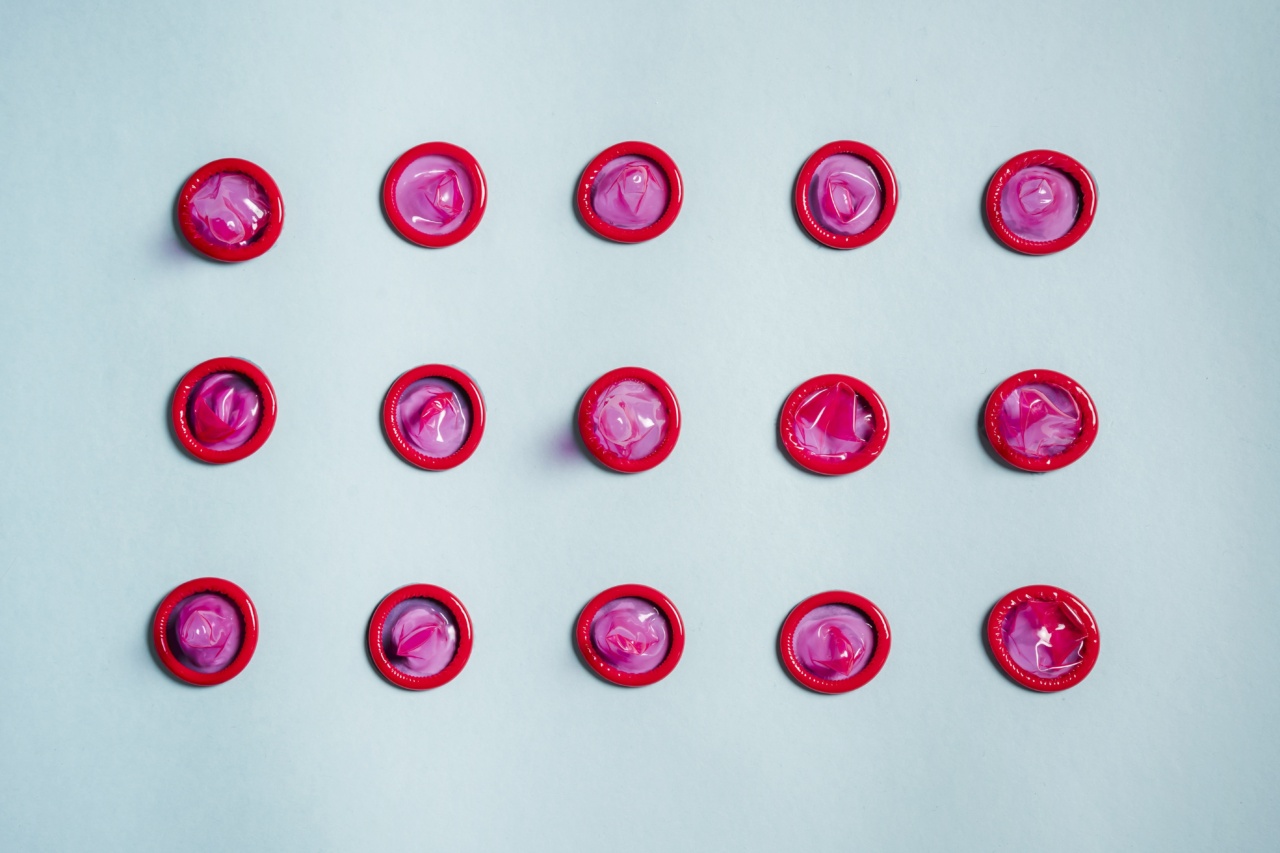Women are often encouraged to regularly undergo a Pap test, also known as a Pap smear, to screen for cervical cancer and other abnormalities. This simple procedure involves collecting cells from the cervix to be examined under a microscope.
It is crucial for early detection and prevention of cervical cancer, which is why it is recommended for all sexually active women.
The Importance of a Pap Test
Cervical cancer is a serious health concern that affects many women worldwide.
According to the World Health Organization (WHO), cervical cancer is the fourth most common cancer in women, with estimated 570,000 new cases and 311,000 deaths reported globally in 2018. The development of cervical cancer is strongly associated with persistent infection by high-risk types of human papillomavirus (HPV).
A Pap test can detect changes in the cells of the cervix, allowing for early identification and treatment of abnormalities before they progress to cancer. It is a vital tool to prevent cervical cancer and save lives.
However, certain factors can affect the accuracy and reliability of the test, including having sex before the test.
The Potential Risks
Having sexual intercourse before a Pap test can present several risks that may affect the test results:.
1. Contamination of the Sample
The presence of semen, lubricants, or other substances introduced during sexual activity can contaminate the sample collected during a Pap test.
This contamination may interfere with the analysis of the cervical cells, making it difficult to accurately interpret the results. In some cases, it may even lead to false-negative or false-positive results, which can be misleading and have serious consequences for the patient’s health.
2. Inflammation and Irritation
Sexual intercourse can cause temporary inflammation and irritation of the cervix. This can make it challenging for the healthcare provider to obtain an adequate sample of cervical cells during the Pap test.
Inflamed or irritated cells may also appear atypical under microscopic examination, resulting in unnecessary follow-up tests or unwarranted anxiety for the patient.
3. Increased HPV Detection
Research studies have shown that sexual activity before a Pap test can increase the detection of HPV DNA in cervical samples.
This increase in HPV detection is thought to be due to the disruption of cervical cells caused by intercourse, making the viral DNA more accessible for testing. While this might seem beneficial, detecting transient HPV infections that resolve on their own can lead to unnecessary concern and intervention.
4. Accurate Interpretation of Results
Having sex before a Pap test may complicate the interpretation of the results, especially if there are abnormalities present.
Any changes observed in the cervical cells may be attributed to recent sexual activity rather than true precancerous or cancerous conditions. This can lead to delays in appropriate medical follow-up or unnecessary interventions, causing both physical and emotional distress for the patient.
Preparing for a Pap Test
To ensure the accuracy and reliability of a Pap test, it is crucial to follow specific guidelines before the procedure. These recommendations are intended to minimize the potential risks and ensure the best possible results:.
1. Avoid Sexual Activity
It is generally advised to abstain from sexual intercourse, including vaginal, anal, or oral sex, for at least 24 to 48 hours before having a Pap test.
This period of abstinence allows the cervix to recover from any potential irritation or inflammation caused by sexual activity. It also reduces the risk of sample contamination, facilitating the reliable interpretation of results.
2. Schedule the Pap Test Wisely
Try to schedule the Pap test for a time when you know you will not be sexually active or are less likely to engage in sexual activity.
This way, you can adhere to the necessary abstinence period mentioned earlier and ensure better accuracy of the test results.
3. Follow Healthcare Provider’s Instructions
It is essential to follow any specific instructions given by your healthcare provider regarding your Pap test.
They may provide additional recommendations or guidelines based on your individual circumstances, such as the type of contraception used or any recent gynecological procedures that might affect the test.
4. Communicate with Your Healthcare Provider
If you have recently engaged in sexual activity or are unable to abstain from it for the recommended period, it is crucial to communicate this to your healthcare provider.
They can guide you on the best course of action, potentially rescheduling the Pap test or taking additional precautions to ensure accurate results.
Conclusion
A Pap test is a vital tool for the early detection and prevention of cervical cancer.
To ensure accurate and reliable results, it is crucial to follow the recommended guidelines, including abstaining from sexual activity for a specified period before the test. By doing so, women can help minimize potential risks such as sample contamination, inflammation, and inaccurate interpretation of results.
It is essential to prioritize regular Pap tests and maintain open communication with healthcare providers for optimal cervical health.






























